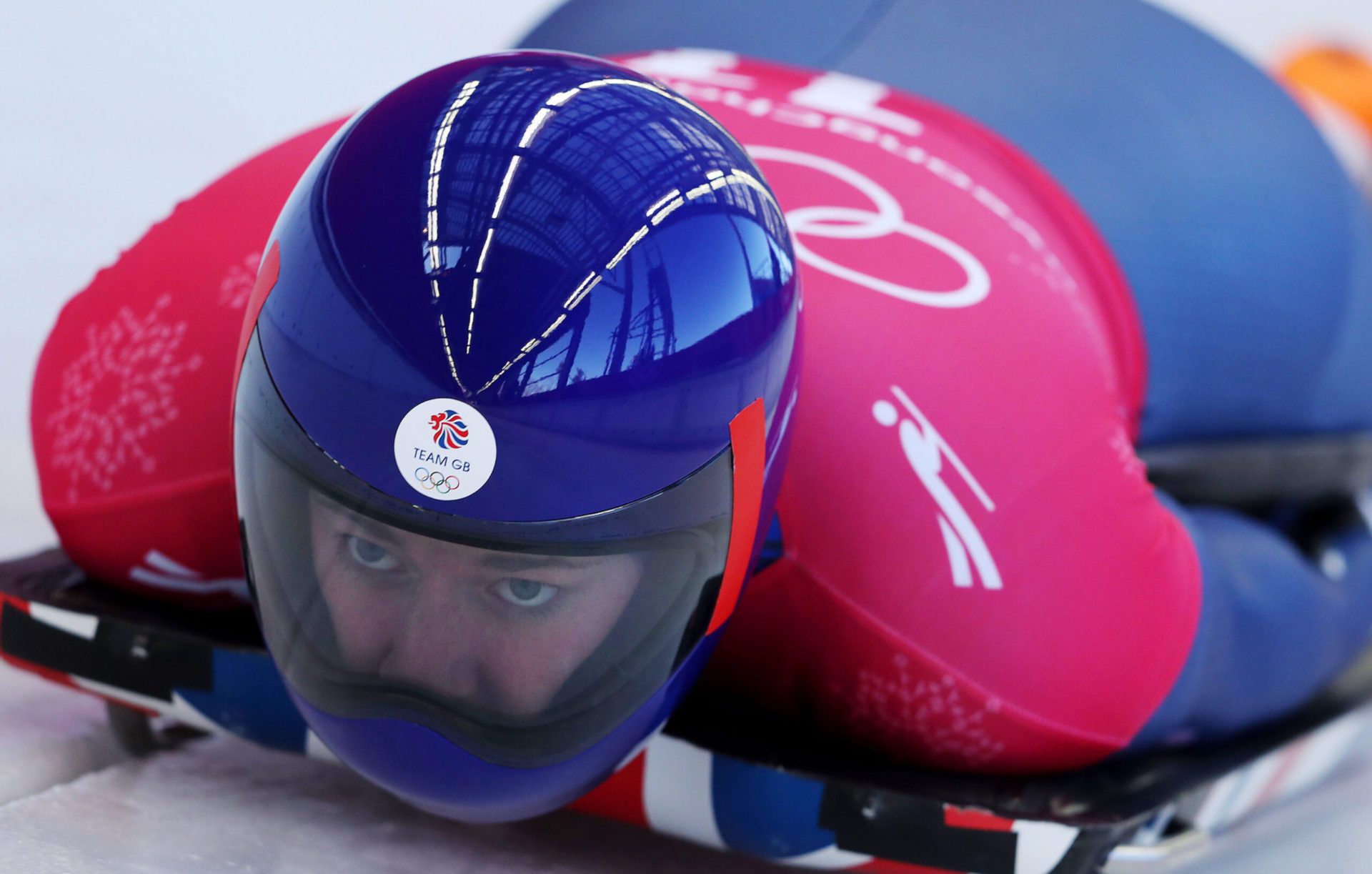Controversy in Unprecedented Success
It’s certainly not one of the most damaging controversies to strike the Olympics in recent years, but it still made the headlines when British sliders, who had rarely troubled the podium this season, started setting the fastest times in practice of the bob skeleton. Other teams quickly credited this to their newly revealed skin suits, designed to be as aerodynamic as possible and allowing them to outperform the other teams.
Whether or not this skinsuit was really the key to Britain picking up half the available medals in the bob skeleton events, it certainly stirred up strong feelings in their competitors, who appealed and had the officials check the legality of this new technology.

The Price-Tag of Tech
Now this isn’t the only example of technology being used in the Olympics to try and improve athletes’ performances. With every country looking to find an advantage on the biggest stage, technology is just one of many factors teams are looking to optimize.
Team USA has used everything from virtual reality, to help their skiers train and get to know the Pyeongchang slopes; to 3D printing the molds for laying up the carbon fibre structures for their luges. Unfortunately, these technological advancements aren’t something that the smaller nations can afford, and this is where the questions start over how much of an effect technology has on the outcome of an event.
“Can winning margins be credited to technology?”
Can winning margins in some of these events be credited to differences in the technology available to the athletes competing? For some countries the level of the technology available is the least of their worries, with the Jamaican bobsleigh team nearly arriving at the start line without a sled of any description.
Finding the Win with Data
Looking to the future in sports technology, development will continue apace, competing to give athletes an edge. However, this isn’t the only application for technology in sport. Advances in technology have already been implemented to aid the officiating and judging of sports. Seeing Olympic medals being awarded on judges’ decisions makes me think there must be a better way, where human bias can be removed. Given the evolution of AI, could systems use machine learning to identify characteristics that judges are looking for, and quantify them? The volume of data to train the algorithm is available, in the form of thousands of hours of video of athletes performing, along with the received scores. Would we finally be able to objectively judge the performance of athletes in these sports?
Returning to athletes and coaches, data analytics stand out as the most significant way in which they are going to benefit from technology in the next few years. The huge amounts of data collected on athletes’ performances, from wearable devices, video and other tools, are prime candidates for artificial intelligence to provide greater insight. Relating training loads and methods to competition performance will allow for the continued optimization of training programs and techniques, as well as competition strategies. This could be even more insightful in sports where equipment and conditions have an influence on the outcome, where the AI system could select the optimum equipment set-up for a given set of environmental conditions.
An Uneven Playing Field
As an engineer, I find it fascinating to see all the ways in which technology is being used to optimize the way athletes recover, train and race. My dream projects involve working closely with elite athletes to produce technology that works for them and helps them reach new levels of performance.
However, as a sports person, I want to see the best athletes win out, not limited by the technology available to them. This doesn’t mean I don’t want to see technological advances in sport – otherwise we’d all still be using narrow wooden skis and bicycles with no gears!
Is technology ruining sport? It certainly isn’t making for a level playing field, but it’s helping athletes go faster, further, and higher than ever before, making viewing even more spectacular for those of us who could only dream of doing what the athletes do.
